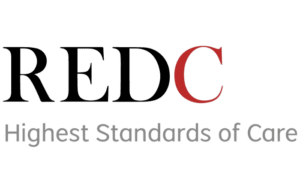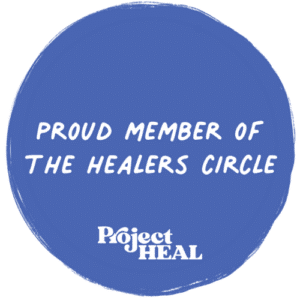For people recovering from an eating disorder like anorexia nervosa or bulimia nervosa, it’s a multifaceted process that requires assessing a wide range of factors and the role that each play. However, identifying emotional triggers is often only part of the process. Past traumas inform our responses to external stimuli and learning how to heal these emotional triggers represents a significant step forward on the eating disorder recovery journey.
While you may acknowledge that you need to heal from these past traumas, knowing where to begin can be daunting. Fortunately, with the help of a trusted eating disorder treatment center like Aster Springs, you can start your healing journey from a place of compassion and understanding. Read on to learn more about emotional triggers and the steps you can take to recognize and manage them.
Step 1: Identify Your Emotional Triggers
Every healing journey begins with a first step, and it some cases the first step may involve identifying your emotional triggers. Since everyone’s unique, there isn’t a catch-all list of potential triggers to choose from. Instead, recognizing your emotional triggers involves looking inward, sitting with your emotions, and pinpointing the things that trigger an emotional response. Identifying these triggers helps you learn more about yourself and what situations could lead to a potentially traumatic experience.
Step 2: Listen to Your Mind and Body
Our minds and bodies often give us clear indications that there’s either a situation or external stimuli that’s directly causing a significant emotional response. Once you recognize your emotional triggers, you begin to understand how they affect you physically. Your body may display an array of physical symptoms that let you know you’re in a state of emotional duress, including, but not limited to:
- Racing heartbeat
- Upset stomach
- Shakiness
- Sweaty palms
Once you know how to recognize the physical signs that you’re experiencing an emotional trigger, you can begin to employ coping strategies and techniques.
Step 3: Take a Step Back from the Situation
When you’re dealing with the onset of an emotional trigger, it’s easy to get swept up in the moment and become overwhelmed. However, identifying the triggers and stepping back from the situation allows you to consider the circumstances and any related emotional responses. By taking the time to separate yourself from the initial emotional response, you can examine what happened and avoid an automatic reaction.
Step 4: Understand Its Origins
Emotional triggers vary from person to person based on everyone’s unique life experiences, so it’s important to uncover the origins of each of your triggers. Without understanding their origins, healing these emotional triggers can be challenging. Working with a trained professional, like the experienced and compassionate staff at Aster Springs, can help you process these experiences and find the underlying causes of your triggers.
Step 5: Manage Your Triggers in the Moment
Some of the most important skills you can learn while healing from your emotional triggers include coping strategies and techniques. When you encounter your triggers, having the necessary tools at your disposal to process them in a constructive way makes a significant difference. Learning the appropriate coping skills can help you identify your emotions in that moment and better understand their underlying causes, acknowledge that the circumstances have changed and the trigger doesn’t reflect your current reality, and regain control of your emotions.
Let Aster Springs Help You Heal Your Emotional Triggers
Trying to process and heal from your emotional triggers can be extremely challenging, but it’s a challenge you don’t have to face alone. Aster Springs has helped countless people learn to identify and heal from their emotional triggers with personalized coping strategies that work for them. Our compassionate staff works with each client individually to help better understand their emotional triggers and help them learn how to confront and heal from them.
If you or someone you love is looking to heal their emotional triggers related to disordered eating, please don’t hesitate to reach out. Find the location nearest you to get started.
Sources
https://www.healthline.com/health/mental-health/emotional-triggers#coping-in-the-moment
https://psychcentral.com/health/trauma-triggers





